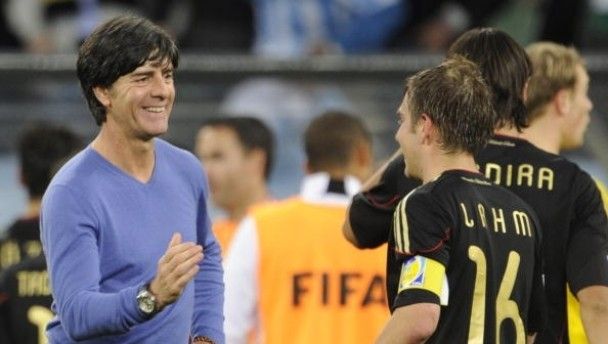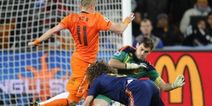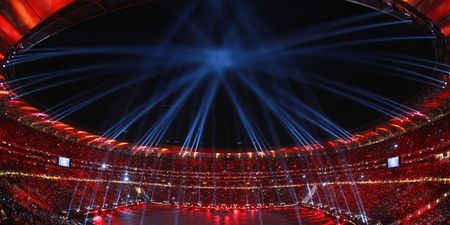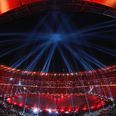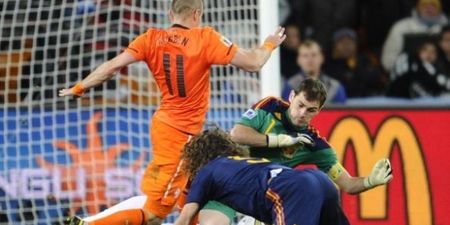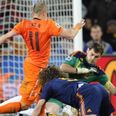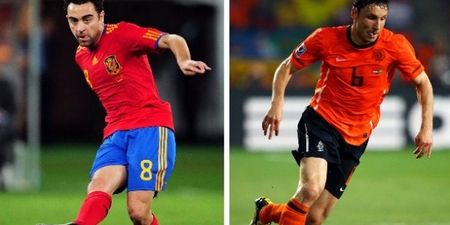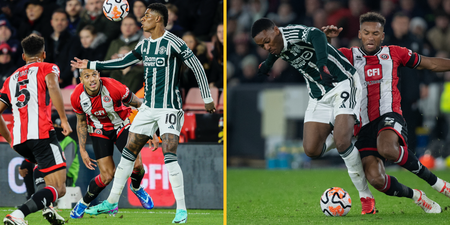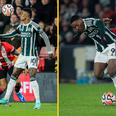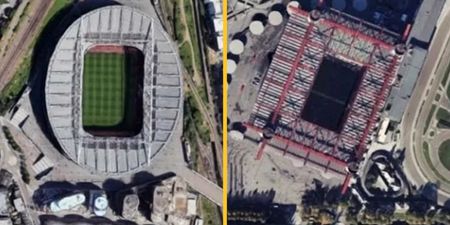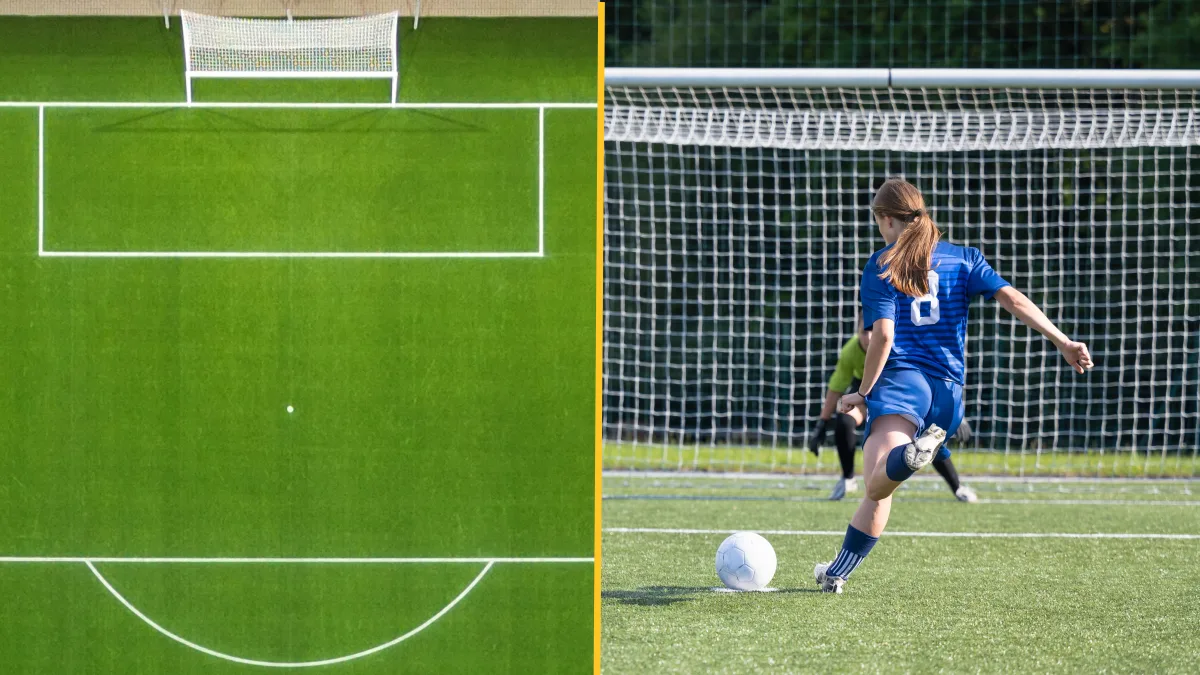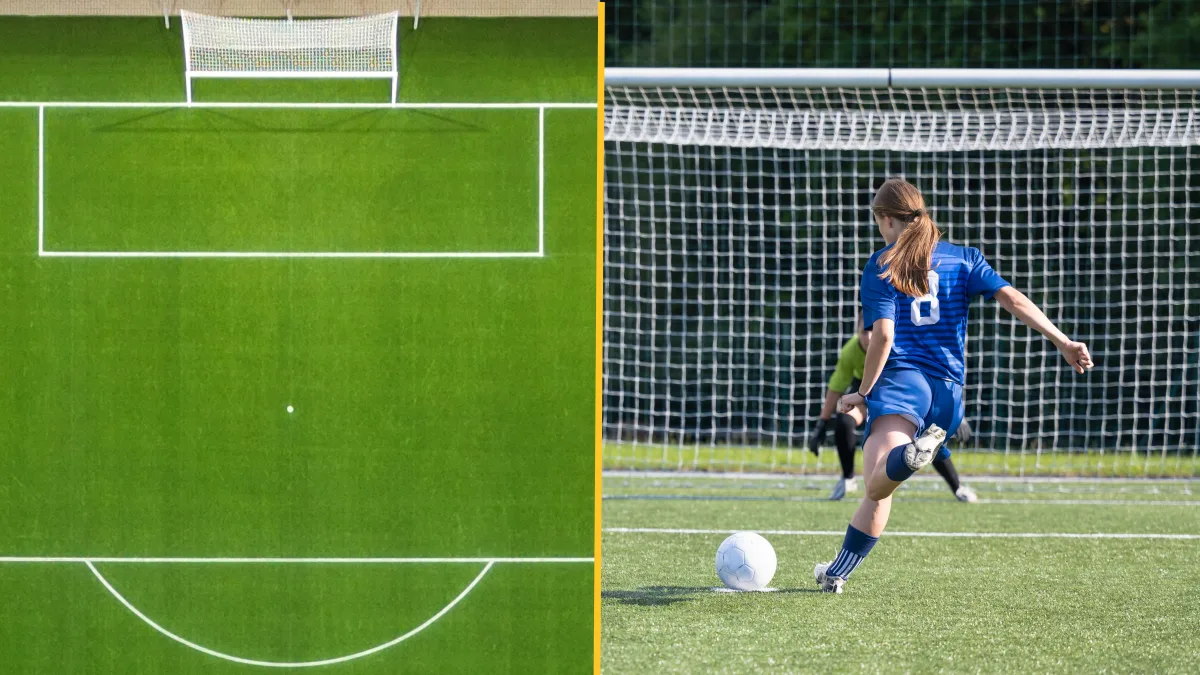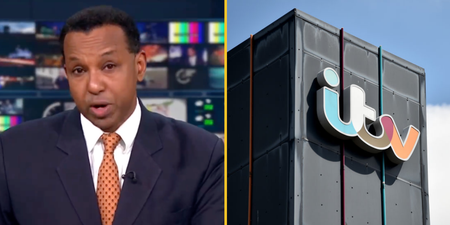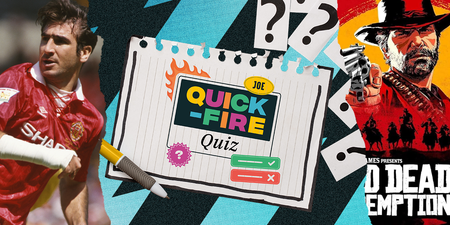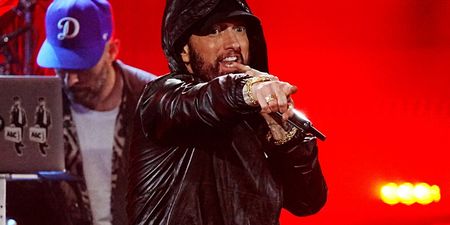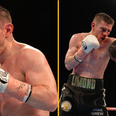
Dunga has been part of every Brazilian nightmare since 1990 but the tournament’s big story is Germany’s reinvention, and everyone is waiting to see how Jogi Loew deconstructs Spain, writes Ken Early.
Â
One of the most enjoyable parts of the World Cup has been Germany coach Joachim Loew’s blithe post-mortems on the opponents his players have just slaughtered. Germany have scored four goals in three of their World Cup matches, a feat last achieved by the Brazilians of 1970. Yet listening to Loew you wonder how nobody saw it coming.
On England: “Our plan was to use Klose to create space by dragging John Terry out of position. It worked.”
On Argentina: “We knew they were a team broken in two. The three in front don’t like to track back, and the midfielders can’t create.” Simple.
Now the most hotly anticipated revelation from Wednesday’s semi-final between Germany and Spain is not necessarily which team will win, but rather what stunningly obvious weakness Loew will have spotted in the Spanish team that has dominated international football for the last four years.
Maybe Loew will say, “We knew Spain attack with too many passes and not enough speed, so we defended deep and narrow, drew their players up the field, and outnumbered them on the counter-attack.” Or: “We understood that Ramos thinks he is Ronaldo and Pique wants to be Beckenbauer, so all we had to do was get the ball to Lukas and Mesut in the spaces they left behind.”
Loew has had two years to make a better plan than Germany had in the Euro 2008 final, when Spain passed them to death after taking an early lead through Fernando Torres. There will probably be six players on either side who started that game, though Germany’s transformation has been more radical. In 2008 their central midfield was Ballack-Frings-Hitzlsperger, whereas now it’s Schweinsteiger-Khedira-Ozil.
Germany were despondent over the loss of Ballack before the tournament, but he hasn’t been missed. Thomas Muller said of the England team that there were too many chiefs and not enough Indians. Maybe Ballack’s absence has corrected the Germany midfield’s chiefs to Indians ratio. Schweinsteiger has inherited his role as the Fuehrungsspieler and a once-ponderous winger has been reinvented as the World Cup’s oustanding midfield general. While Schweinsteiger’s metamorphosis is usually credited to Louis van Gaal, who first came up with the idea, it is also testament to his thoughtfulness and lack of ego. Van Gaal probably couldn’t have worked the same alchemy with Gerrard or Lampard.
The big question for Spain is whether to keep hoping that Fernando Torres can get it together or to reshape their side with David Villa front and centre. Villa has said that Torres’ unselfish running helps to open up space for him. Although it’s nice of Villa to stick up for a friend in need, the evidence of Spain’s games so far suggests he would have even more space if he played centrally with two wingers in support. The dilemma for Vicente del Bosque is acute because an in-form Torres is maybe the world’s best striker, but how can he keep leaving out the likes of Fabregas and Pedro, who have made more impact in less playing time?
If Spain lose at least Loew will be there to explain why. It’s a pity he wasn’t on the scene to deconstruct the collapse of Brazil in the quarter-final against Holland, in the most bizarre match of the tournament so far. The mysterious events surrounding the 1998 World Cup final led to a parliamentary inquiry. Maybe the Brazilians should set up another to extract from Dunga his thoughts on the collective nervous breakdown that led to Brazil’s first World Cup defeat outside Europe since 1950.
The failure will haunt him for the rest of his life because his team were weak where he was supposed to have made them strong, conceding idiotic goals from set-pieces and losing their discipline under pressure. It is Brazil’s most disappointing World Cup since 1990, when a team built around Dunga went out in the second round to Argentina. The coach, Sebastiao Lazaroni, had ignored the usual calls to play prettier football, instead adopting the pragmatic “winning” style. Pele warned him that Brazil had better win, or else “all that will remain is the memory of a bad team.” Dunga is now a central figure in every Brazilian football nightmare of the last 20 years, and he will probably have to move abroad to continue his career.
Â
